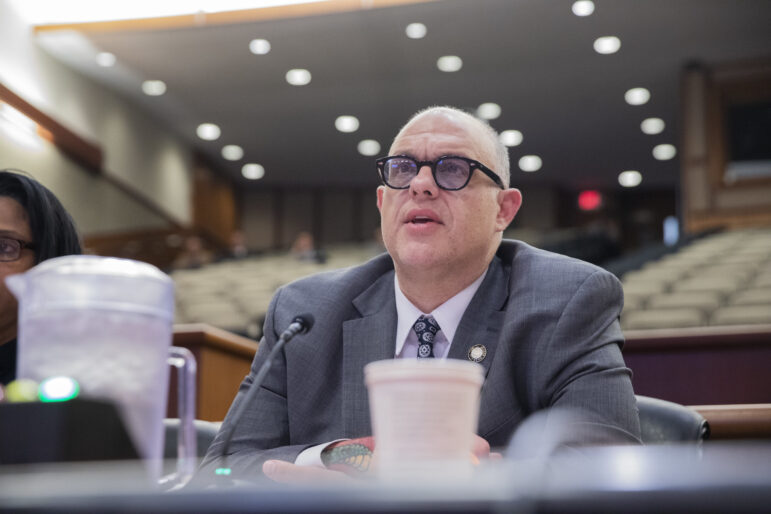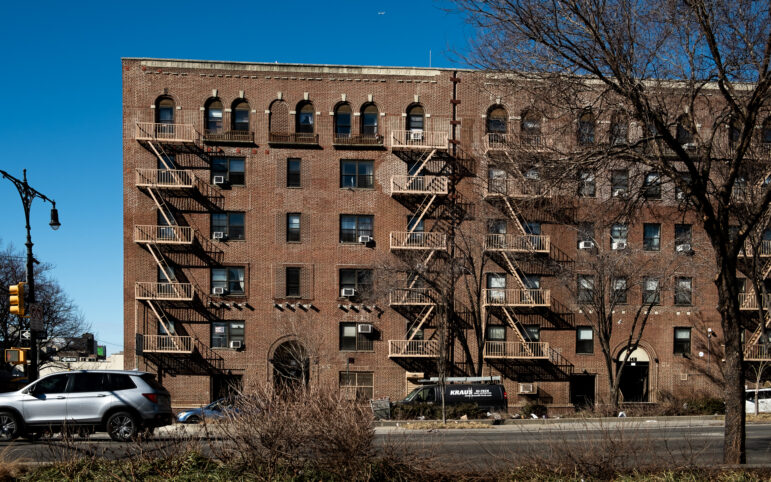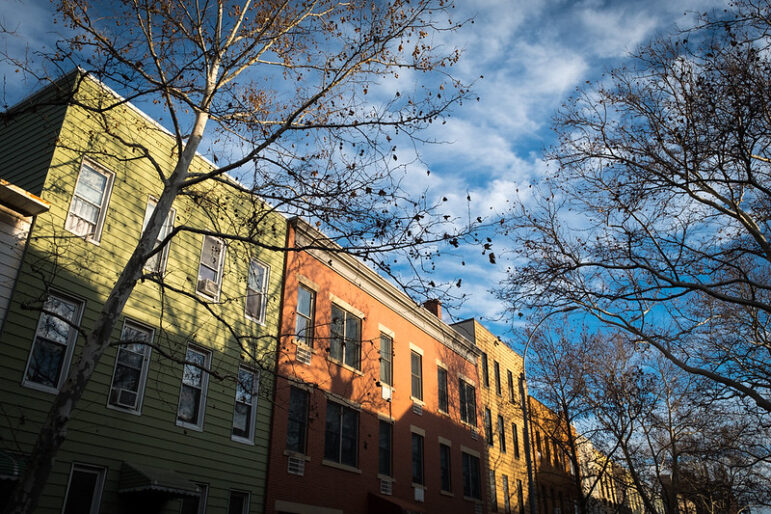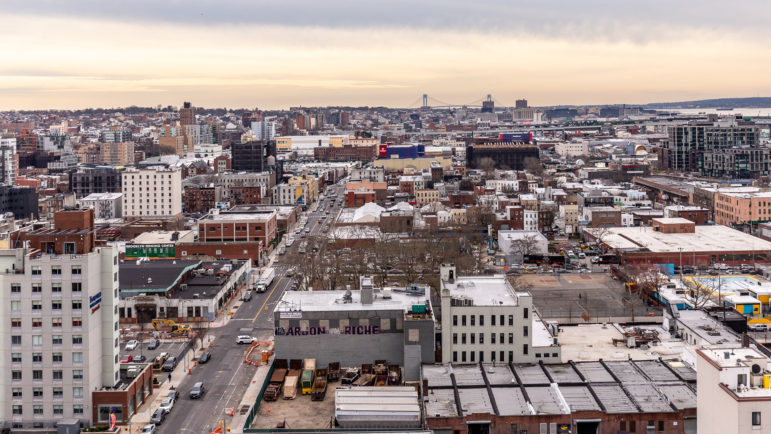
Photo by: City Hall
Mayor Bloomberg’s administration has resisted public scrutiny of police activities and reports on September 11 itself.
The Bloomberg administration has made much of city government more transparent. Statistics, contract information, lobbyist records and other data are now far easier to obtain that under earlier mayors. But the mayor and Police Commissioner Raymond Kelly have kept their share of secrets too. The NYPD was tardy in turning over legally mandated reports on stop-and-frisk practices to the City Council, and Kelly has refused to say how many informants he has operating in the city’s Muslim communities. For a year, the NYPD has ignored a City Limits Freedom of Information Law request for documents related to the videotaping of political protests. The NYPD hesitated in giving videotape evidence to the Civilian Complaint Review Board for its investigation of police conduct at a major antiwar demonstration in 2003 (but provided the CCRB with tape of protest arrests at the 2004 Republican convention).
The Bloomberg administration has also held close to its vest information about the very event that triggered all its counterterrorism security measures—September 11. When The New York Times sought oral histories that the fire department had recorded from survivors of the attack and recordings of calls to 911, the Bloomberg administration blocked the request. A state court forced the city to hand over most of that material. The city even rebuffed requests for some of the same material from the 9/11 Commission and the National Institute of Standards and Technology, or NIST, which completed the only comprehensive study of the emergency response, evacuation and collapses on September 11.
The mayor cited privacy concerns in blocking the releases, and there was ample justification for those worries. The 911 calls in particular are grueling to hear; people literally died on the phone. The disputed material, however, also laid bare the confusion among firefighters about what exactly their mission was as they climbed the stairs of the burning towers, many to their deaths. Eventually, the city turned over material to both the commission and NIST.
Around the country, freedom of information suffered after September 11. According to Robert Freeman, executive director of the New York State Committee on Open Government, some of the losses here have been restored. “Certainly, there were some knee-jerk reactions,” he said. “They have diminished over time.” Material taken down from state websites for alleged security concerns has been posted again, he says. Most importantly, New York state didn’t tinker with its Freedom of Information Law to create new terrorism related exemptions from disclosure, as some states did.








